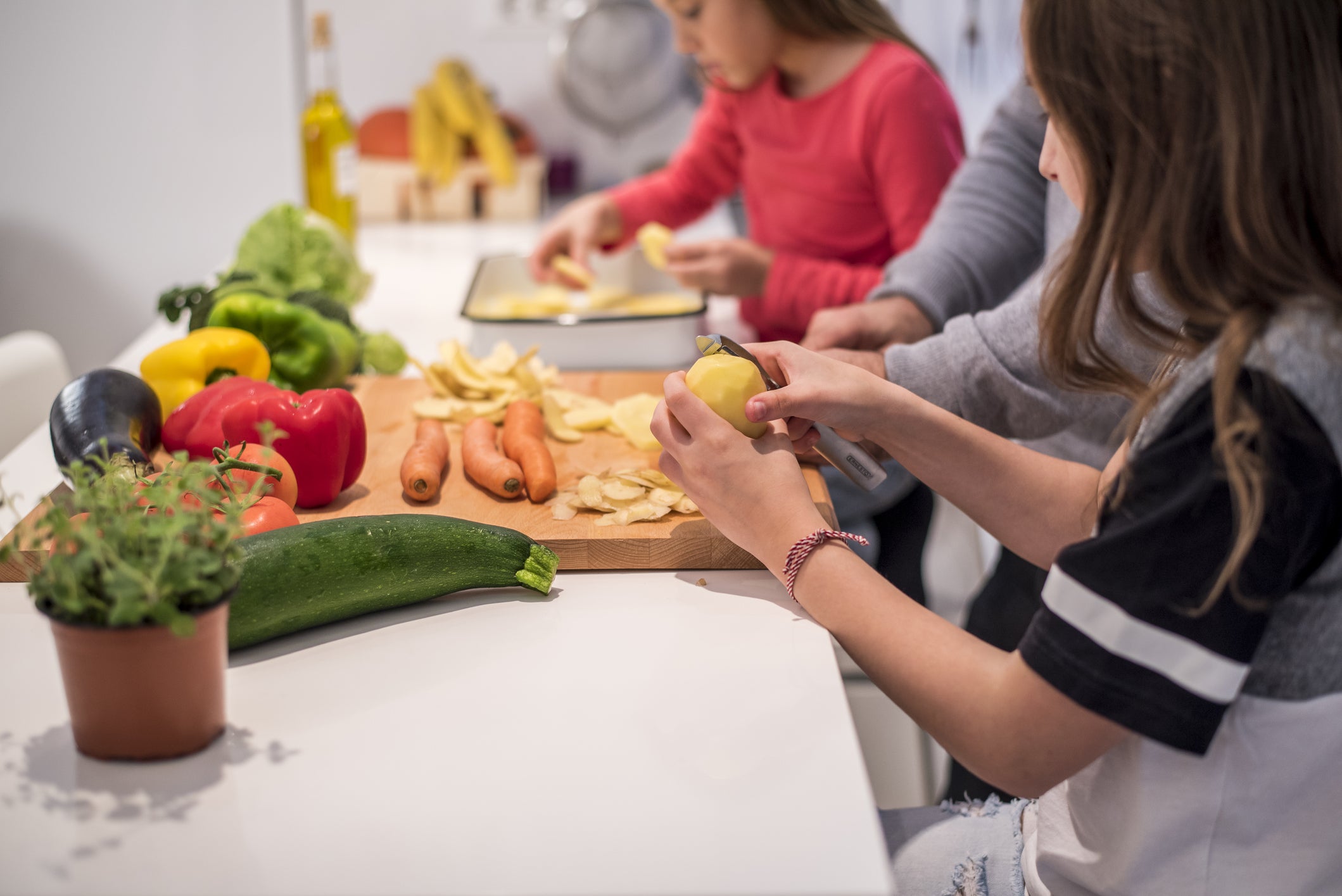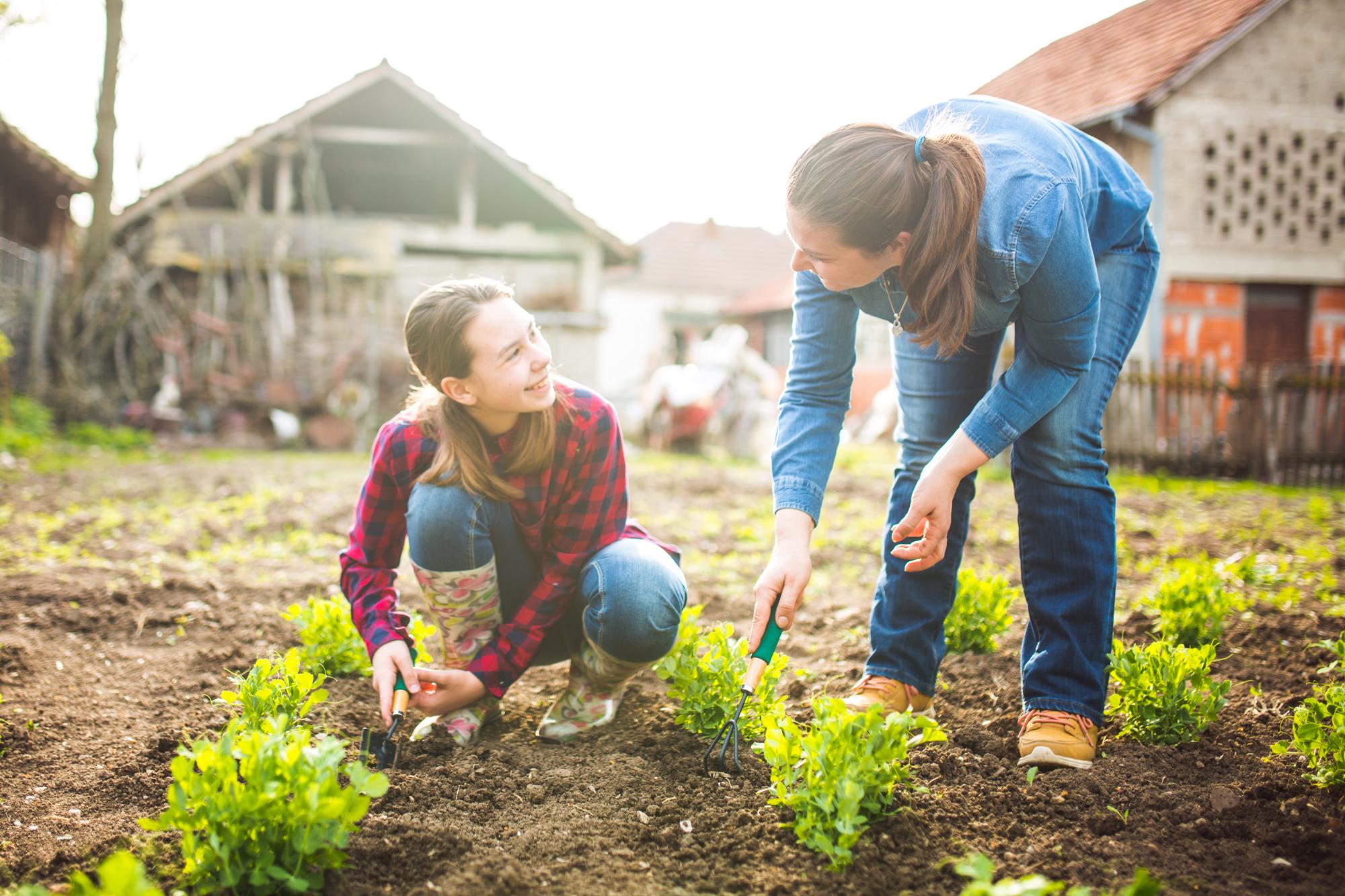
Classroom Superheroes: Growing Chefs!
Tags:
If you’re an elementary school-aged kid in Vancouver, BC, there’s a good chance that one day, your regular teacher will be swapped out for a white-coated chef (at least, one afternoon a week for a few months). You’ll get to dig in the dirt, plant seeds, water them daily, watch them sprout, and cheer them on as they turn into plants. Then you’ll get to eat them. All thanks to Growing Chefs, a local non-profit dedicated to teaching kids about sustainable food systems. That’s quite a mouthful for little ones, which is why they teach by doing, letting kids make the connections between healthy soil, healthy food, and healthy people. And it works. The chef volunteers report that the kids are just so excited to see them – one chef even felt like he was putting on a Spiderman suit every time he entered the classroom. Growing Chefs sees time and again kids go from anti-veggie to kale crusader, and found Merri Schwartz couldn’t imagine anything more fulfilling than teaching kids about organic food. We connected with Growing Chefs when they won one of our latest Gardens for Good grants, and we were immediately struck by their story. Merri sat down with us to share with us the inspiration that fuels Growing Chefs. After hearing about the fun these kids get to have, we’re ready to go back to school!


Nature’s Path - What inspired you to start Growing Chefs and teach kids about growing organic food?
Merri Schwartz - Almost ten years ago, I was working as a professional pastry chef and chocolatier. I was working in fine dining, and we had all these great relationships with local growers and connections with the local food system. Chefs have so much knowledge, but you either have to be in the kitchen with them, or walking through the doors of a high-end restaurant to share in that. There’s no conduit to the community. That’s when I decided I wanted to get chefs to connect with kids and share what they knew.NP - You grew up with homesteading parents who were all about growing their own organic food. How did that influence the birth of Growing Chefs?
MS - I grew up with that but not everyone has that experience. There’s nothing more empowering than eating something that you grew yourself. It’s an unparalleled experience popping it in your mouth. I often take my background for granted – or at least I did, until I became a pastry chef and realized how specialized the skills I learned from childhood are. Even things like preserving and canning. I learned those when I was a kid, and I thought it was the norm. It was kind of a shock to find out it wasn’t! When I was a kid, my mom would give me scissors and tell me to go pick some salad. I would pick lettuce, beans from the vine, tomatoes still hot from the sun. I believe that the things that drive you are experiential, which is why Growing Chefs works the way it does.
NP - Have you seen the effectiveness of that experiential approach?
MS - Absolutely. For kids on the autism spectrum that kind of hands on learning can be so impactful. We’ve had so much feedback. Kids get out of their heads and get their hands into it. It’s hard to emphasize how big of a deal that is.NP - What was your first classroom experience like?
MS - It was really scary, actually! The pilot was a group of grades one, two, and three. It was quite a large group, and they all look at you expectantly… in the end, I (like most of our volunteers) found it exhilarating. You forget about that kid energy, excitement, joy, awe for learning. Beforehand, you worry about how you’re going to keep them occupied, but the excitement takes over. Kids are like little sponges at this stage of learning. They’re just ready for it.NP - So how did the kids respond to those first lessons?
MS - Our first pilot, we were growing arugula. We had 40 kids, and on the first day we asked, “Who has eaten arugula?” One girl, whose parents were from Italy, put her hand up. Most of the kids were kind of afraid of it. At the end of the program all the kids wanted seconds. They were going home and asking their parents for it. That told me we really had something important going on here.NP - Do you still get classroom time with the kids?
MS - I get in there once or twice a year to remind myself of the excitement of teaching, and to watch the current chef volunteers experiencing the program. Part of my goal was to empower the chef community and help them see what they have to offer. Chefs don’t give themselves enough credit for the role they can play in a sustainable community.

